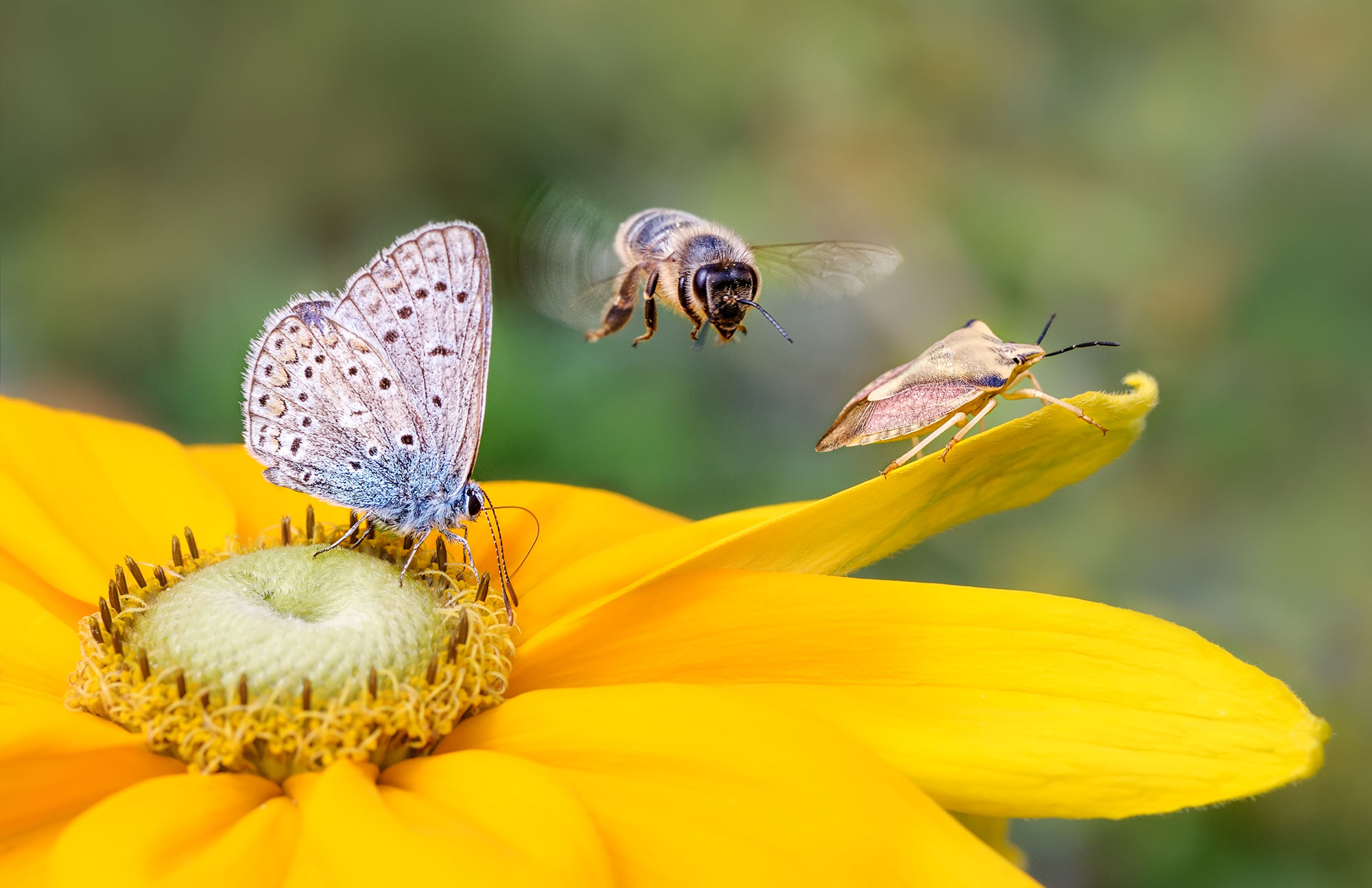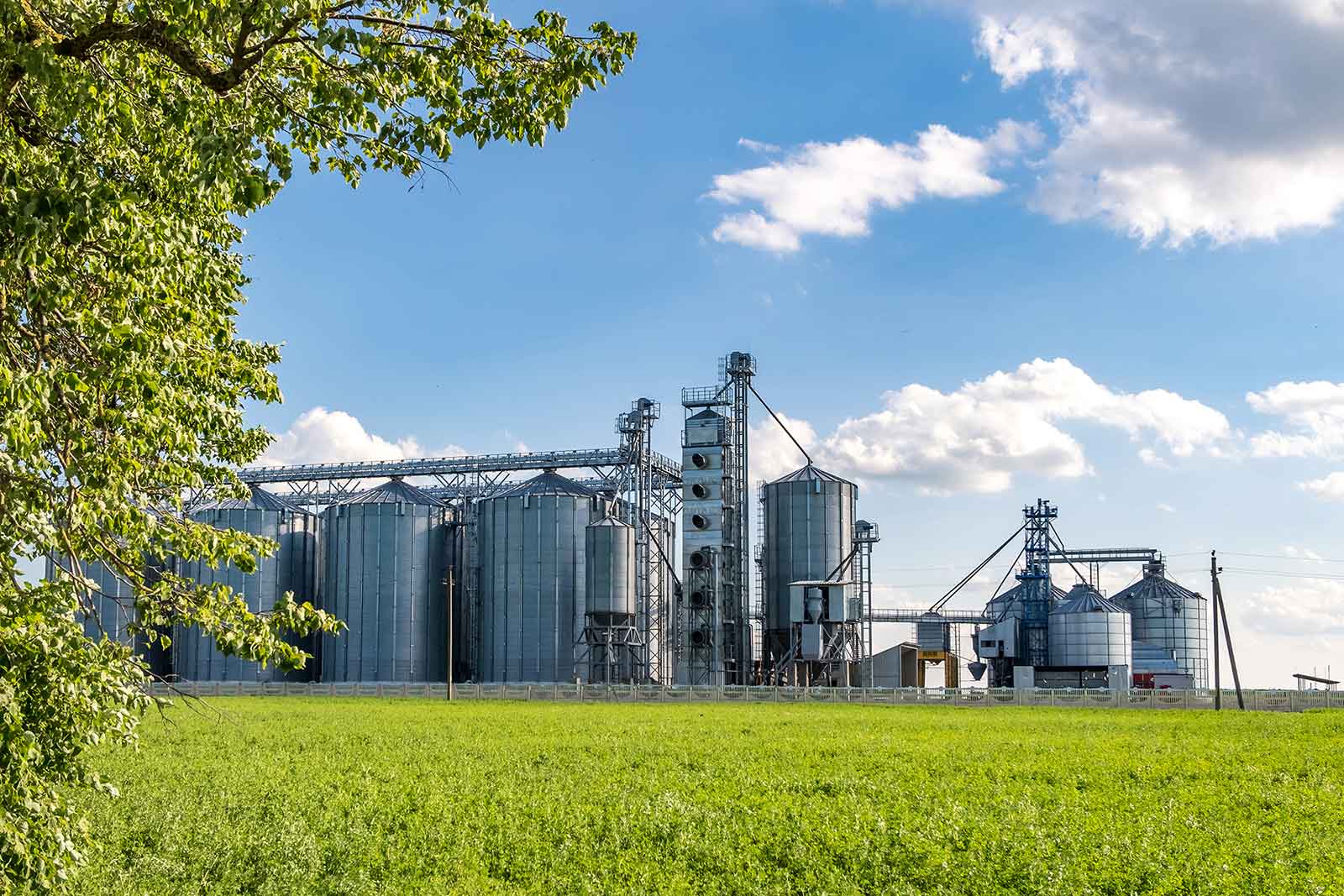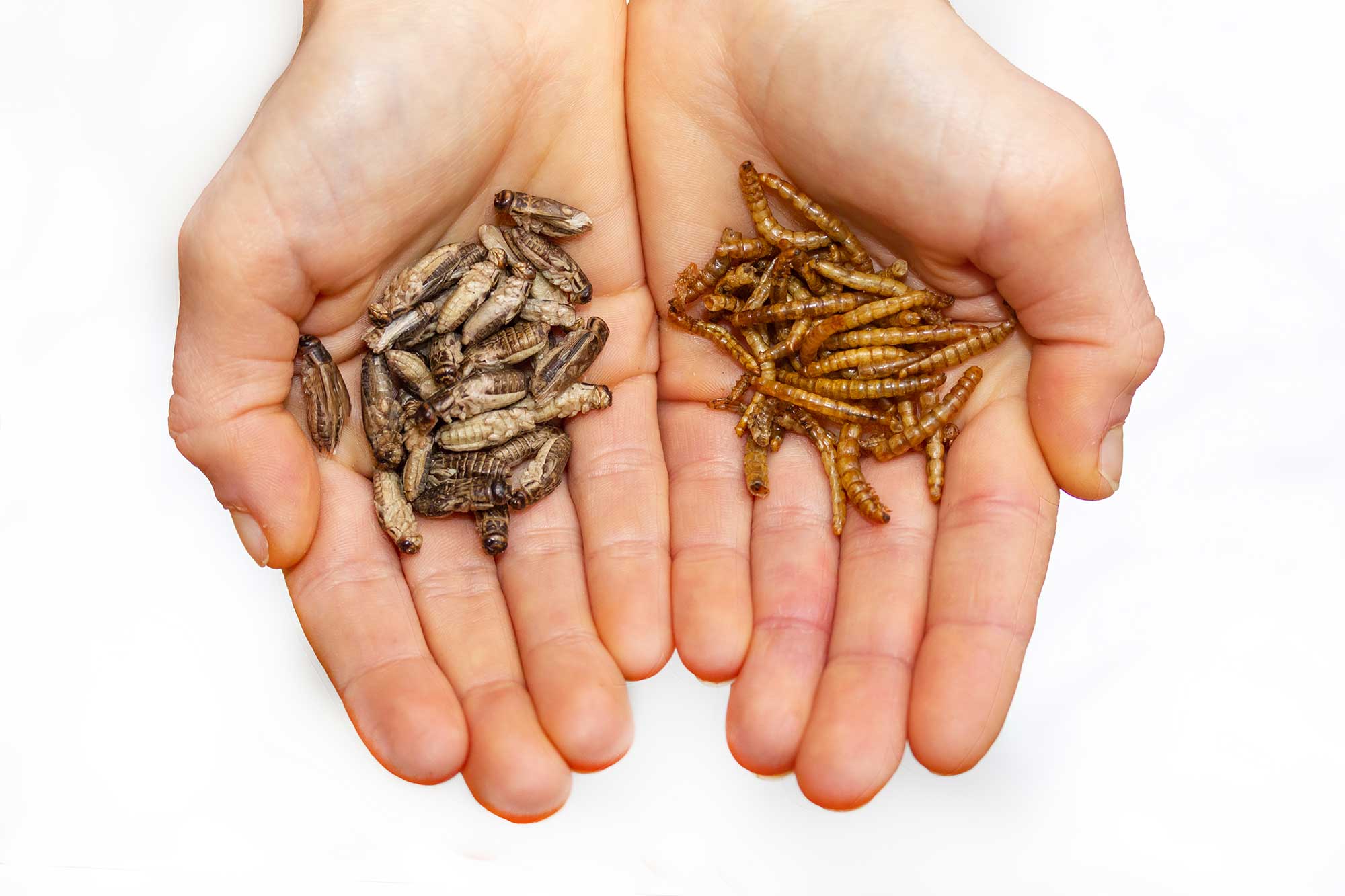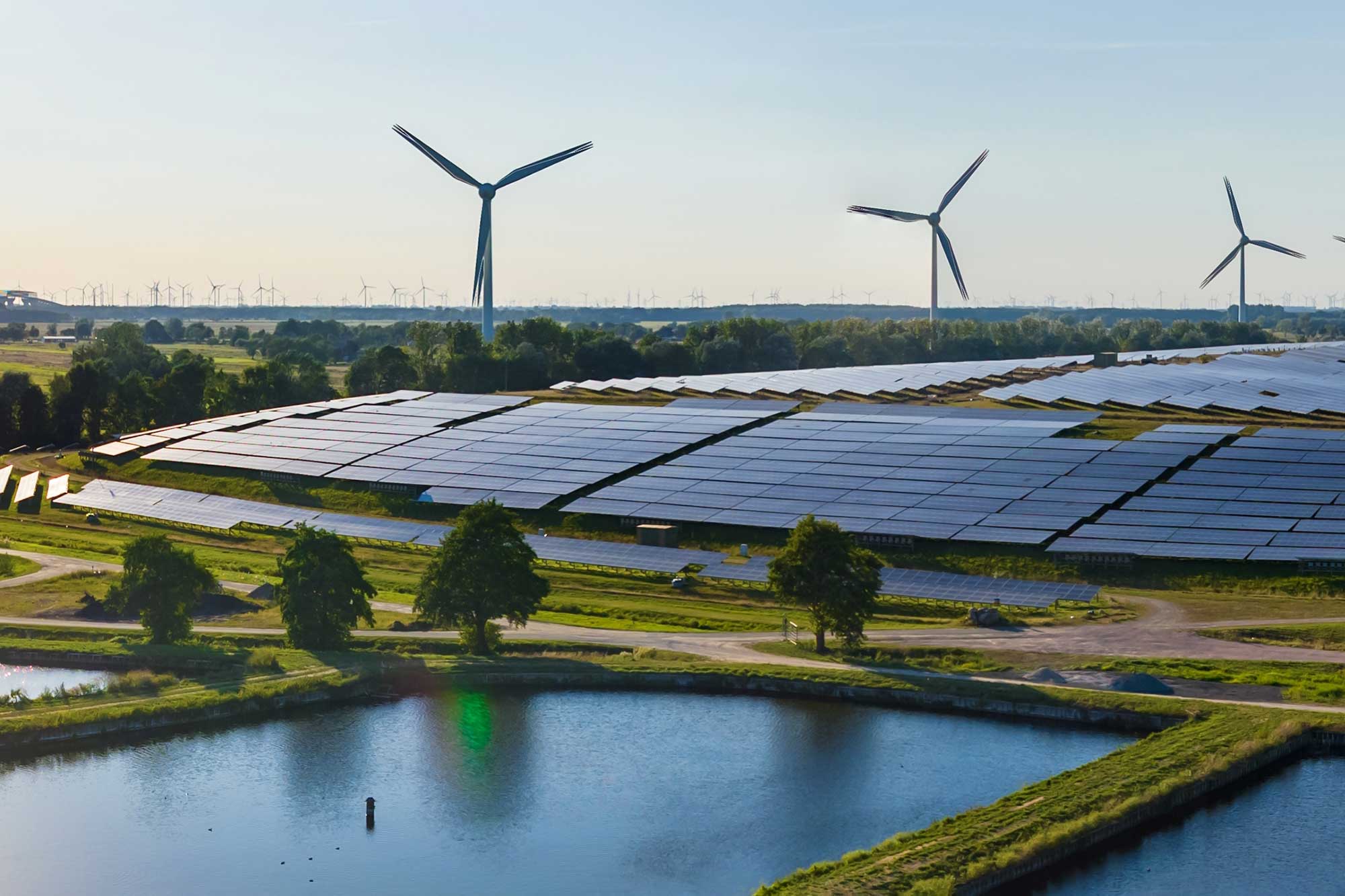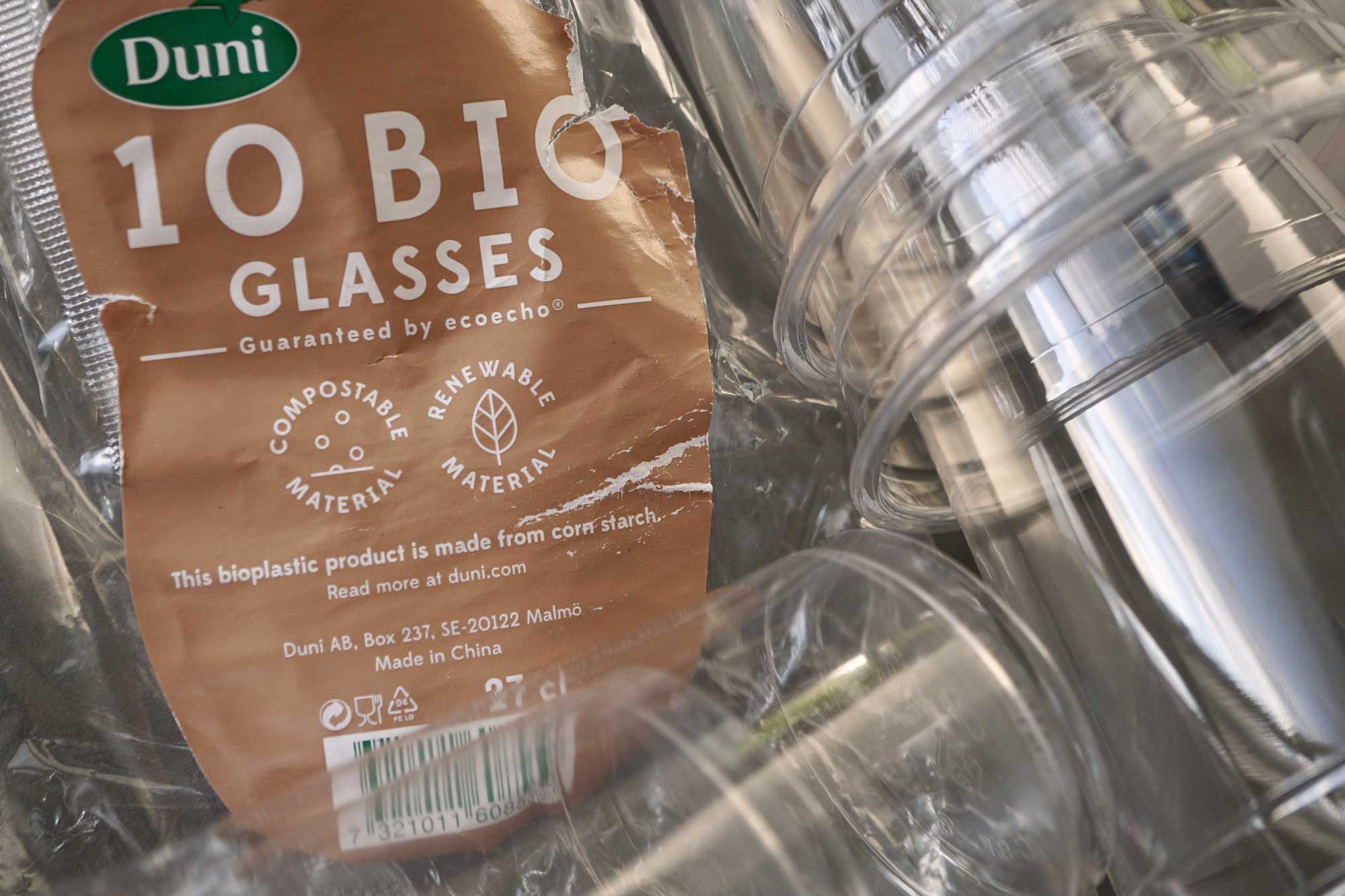The timing of this report is not coincidental. European elections are coming up next year. “We will have a new European Commission and a new European Parliament, so also new masters of the political agenda. The Trend Report provides ideas of what could be on that agenda,” says BIC’s Marco Rupp.
The time seems right. The bioeconomy is attracting more political interest than ever. This year, for instance, the term first appeared in the recent ‘State-Of-The-Union‘ speech by Commission President Von der Leyen. She announced a Biotechnology and Biomanufacturing Initiative. This is important in relation to issues such as climate, biodiversity, but also employment, competitiveness and securing the supply of raw materials for critical applications of our domestic industry. “Our sector can make a valuable contribution to all these objectives. But there are some areas for improvement,” says Rupp.
Open discussion
To bring these to light, BIC organised four workshops this year with representatives from the current Commission, as well as several think tanks and NGOs. In these sessions, they were able to speak freely because no one was quoted. The result was an open discussion between industries, civil society organisations, governments and institutions. Questions such as “How can consumers benefit more from biobased?”, “What is the advantage of biobased versus fossil-based products?”, “What does biobased mean for a circular economy?” and “What does biobased mean for Europe’s competitiveness?” were tackled.
It soon became clear that most important part in these discussions were not the answers, but rather the journey towards them. Participants realised the importance of sitting at the table together and talking openly with each other. Rupp: “We did not talk about broad concepts like sustainability, biodiversity and climate, but about really concrete ideas to move the political agenda forward. It created a realisation that industry already has the answers to many of the questions policymakers have, or is capable of finding those answers. In this way, a mutual understanding was formed, also with NGOs and civil society representatives who, when thinking of ‘biobased industry‘, mainly had the food versus fuel discussion in mind. They realised that it is certainly not just about that; we have a serious agenda with serious solutions. Even if they don’t agree with everything, we were able to show that we are credible and honest players. This was also true the other way round.”
Bio-coordinator
Ultimately, the report contains a long list of ideas and measures, but also three points requiring improvement: stronger incentives to bring biobased products to market, a long term regulatory framework for the circular bioeconomy that allows sustainably sourced biomass to be used, and maximising the potential for the bioeconomy. One problem is that this involves multiple policy areas, such as Environment, Industry, Agriculture, Climate and Economy, while coordination between these areas is lacking. For example, the Renewable Energy Directive has a one-sided focus on ambitious targets and sustainability criteria for biomass use for energy, but not for the production of biobased materials.
“What we need is a specific check of ‘bio’ in regulations. In the US, the White House has appointed a bioeconomy coordinator for this challenge. We need something similar in Europe too, at the level of the Commission President. A high-level bioeconomy coordinator would have the overview from a policy perspective, could bring the policy areas to the table, pull the strings and get things done.”
Push
Getting biobased products to market faster is not just a matter of intensifying marketing efforts by the brand owners. Regulations also play an important role. “Both have to go hand in hand. Look at the rapid rise of wind and solar energy. Those have received a strong push thanks to good regulation. The same could be done with biobased products. Because present regulations form a bottleneck. Consider novel foods, for instance. We use insects that can serve as food for cattle feed, because European regulations are far too sluggish. In Singapore and the US, novel foods come on the market much faster . Or consider the rules on packaging. These focus on recycling virgin fossil plastics and packaging materials, while the role biobased plastics can play is not recognised. With the result that they are, to put it politely, ‘underutilised’ in Europe.”
This is not only regrettable, it could also undermine Europe’s competitive position in the bioeconomy, with direct implications for the future of industry. “What we hear from our members is that they are increasingly basing their investment decisions on what is happening in the US, China and India. There, the incentives to get a good return on investment are much higher than in Europe right now. In the US, you have a White House Executive Order on Biotechnology and Biomanufacturing from President Biden with money, targets and actions. China sets green objectives and a has a five-year plan to increase the volume of bioplastics and PLA. In India, you can see similar developments. In Europe, we may have a Bioeconomy Strategy, but right now we particularly need more action. Because in this respect, we are lagging behind. We need to be faster and bolder on taking actions for biorefineries. It is not just a question of money. Events like wars in Israel and Ukraine, a looming next oil crisis, or the problems with COVID, do not make investing in Europe any easier either. Strong partnerships like the CBE -JU in which public and private parties work together can certainly help.
So what can we still expect from the European Commission, this close to the upcoming elections? “Von der Leyen wants to launch another Biotechnology and Biomanufacturing Initiative in 2024. Now is the time to put our money where our mouth is. Considering that other commissions are working on similar bio-initiatives, it is important to make sure it is done in a coordinated way, that it is ambitious and balanced. Then we will continue to talk with the new Commission.”
This article was produced in collaboration with the Bio-based Industries Consortium (BIC). The Trend Report can be downloaded from BIC’s website



